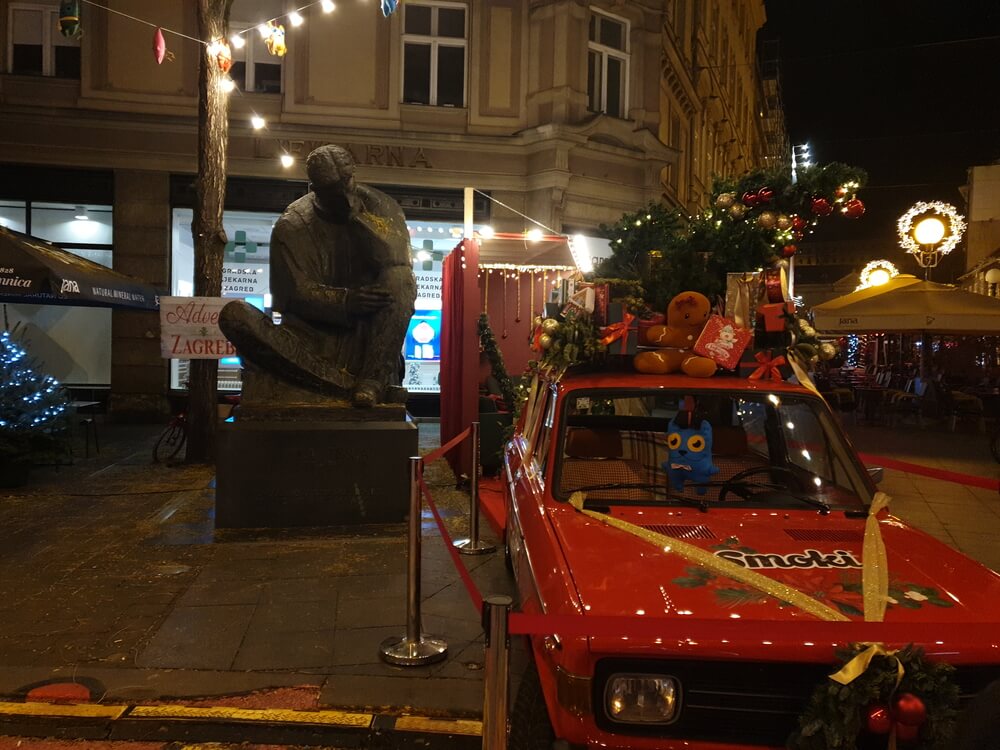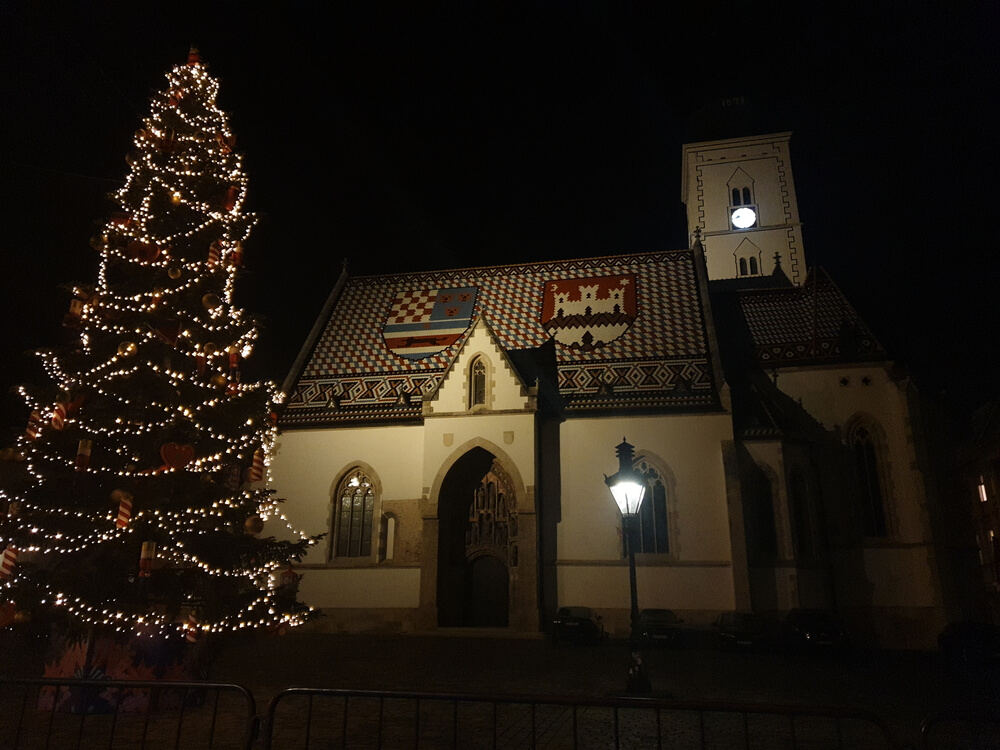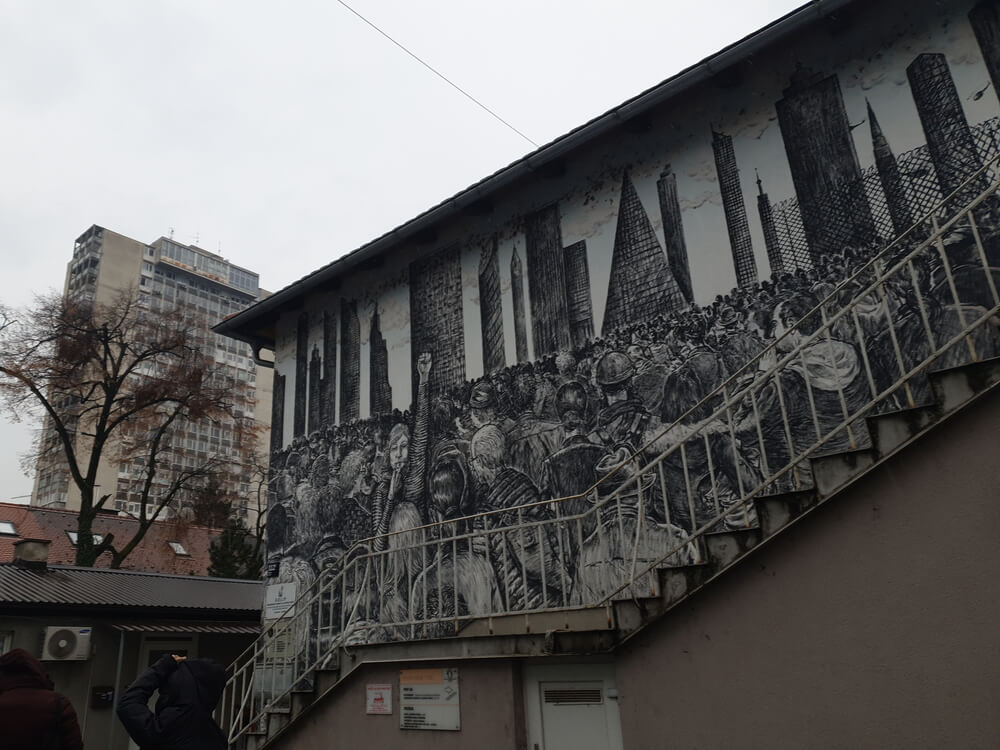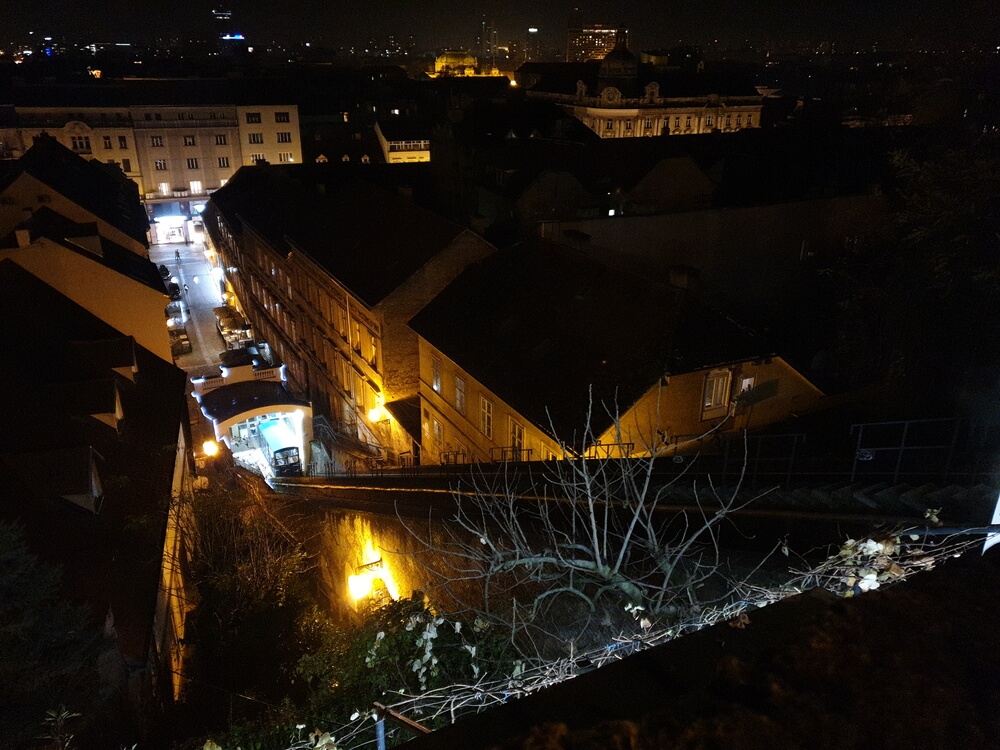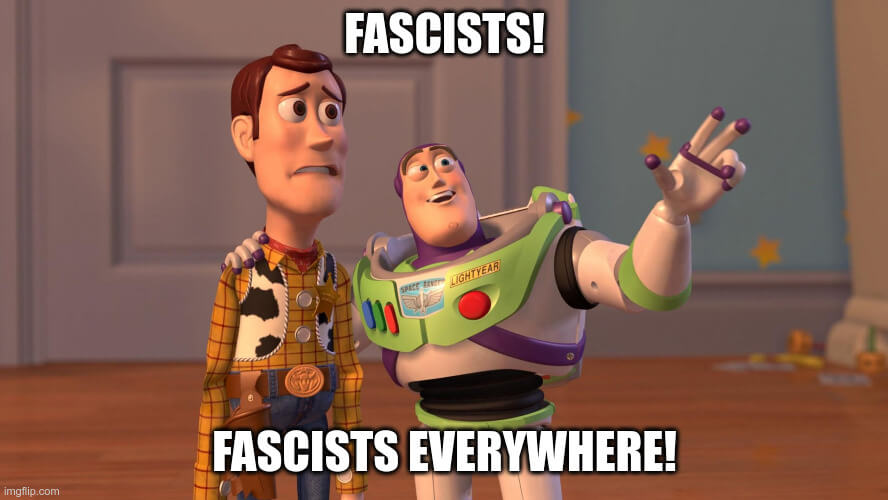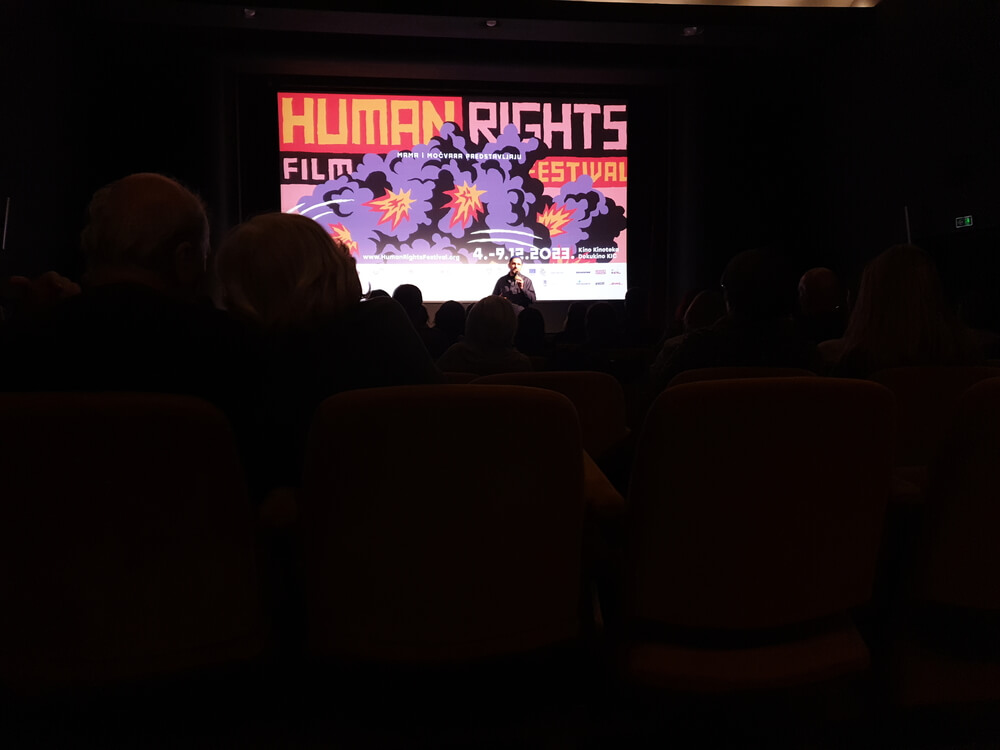Temps de lecture 12 min
As a reminder, the participants in the European ECHO Network exchange belong to 7 different organisations in 5 European countries : Ceméa France, Ceméa Federzione Italia, Ceméa Belgique, Willi Eichler Academy (Germany), Solidar Foundation (European network), Centar Za Mirovne Studije (Croatia), Framasoft (France).
Report on the week in Zagreb.
Click here to read the article in French.
Travel,travel
As with every ECHO trip, the first day was reserved for travels and reunions. Four of us from Frama made the trip : Booteille, Numahell, Pascal and Yann. And while the last three shared a cabin on the plane (almost avoiding having to deal with hold luggage), Booteille chose to take the bus, for more than 18 hours, with no changes but with stopovers including Toulon, Nice, Genoa, Venice, Trieste, Lubjana and finally Zagreb. It was an opportunity for him to see our Italian companions in Venice get on the bus.
In the evening we tried to meet up with our CEMÉA comrades, using the name of a restaurant as our destination, which turned out to be one of a chain with many branches in the city. This gave us the opportunity to look around the town, which was decorated for Christmas. The atmosphere was rather quiet, although a festive (winter) breeze blew through the streets.
We ended up meeting up with the CEMÉA team in a bar opposite the famous restaurant. It was a good opportunity to have a few drinks while waiting for dinner. Many of the European partners came to the restaurant, giving us a great opportunity to catch up with people we’ve met before and to meet people we haven’t.
This first evening (which would be followed by many others) was the occasion to notice something rather surprising : THEY SMOKE IN THE BARS ! It’s horrible. And while it was very cool to spend time with the other members of the project every evening, every night it was the same thing : smoking in the bars. Apart from the fact that you can’t breathe indoors, the smell of cigarettes on our clothes (and in the dreads of those with the best hair…) lingered in the hotel room.
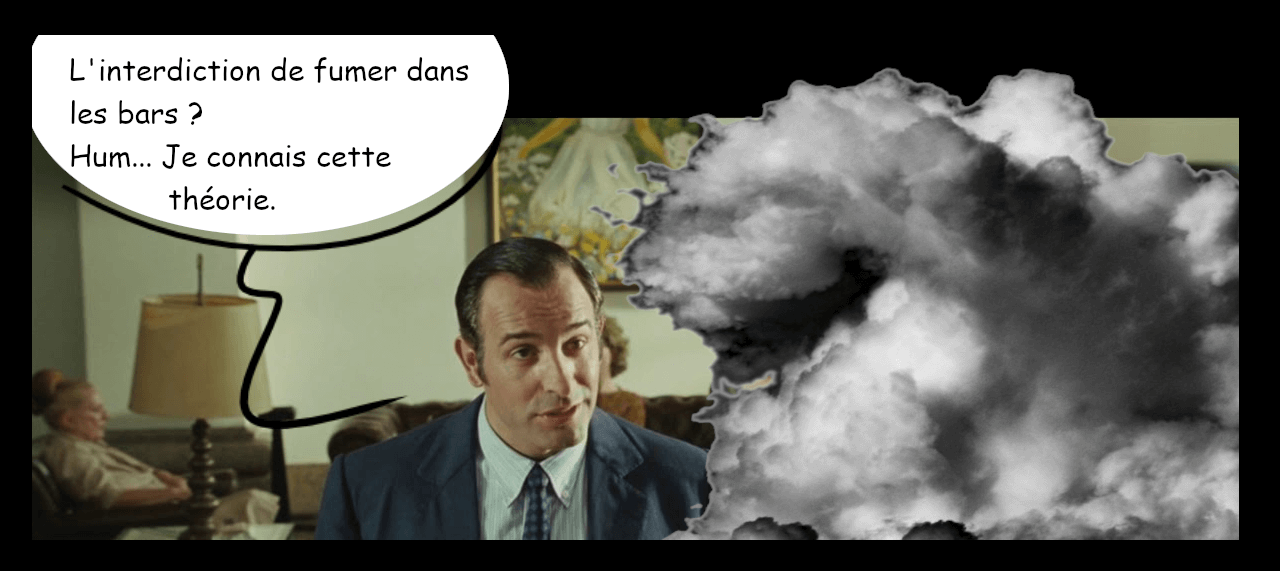
The Center for Peace Studies
The next day began at the Human Rights House in Zagreb, in the same building as the Centre for Peace Studies. There was a brief introduction to the seminar and a presentation of the three structures sharing the premises.
First, we had a few words from several people as a whole group, then we split into three small groups, where each entity presented its actions to us and to whom we could ask our questions. After a few minutes, each group rotated to meet a new entity. In the end, we got to know :
– the Dosta & Jemrznje platform, which helps manage online discrimination and hate speech ;
– the Documenta organisation, which aims to create links and documentation around war, as well as educating people about anti-war issues ;
– CROSOL, an international cooperation platform for development and humanitarian aid.
The Centre for Peace Studies (CPS in English, CMS in Croatian) is the result of years of development. It was originally a participatory work camp project in the 90s, with the aim of building links between people in the Balkan countries through action.
The culture of the CPS revolves around anti-war, anti-fascist and inclusive movements. Today, through a wide range of actions, CPS seeks to promote this culture in their territory. There is also a strong focus on the right to asylum and its protection. And that’s just part of the work carried out by this small team. You can find more information here : https://www.cms.hr/en/o-cms-u-tko-je-tko/cms
After a very pleasant meal on site, we took public transport back to the city centre. It’s great to be able to get around the city quickly and efficiently thanks to the dense network of trams, with timetables so full that you never have to worry about them – they’re never far away !
Fascists ! Fascists everywhere !
We met up with a historian who spent the afternoon taking us on a tour of different parts of the city, looking at places that are emblematic of fascism and the resistance. Croatian history is not very well known in our part of the world, and our guide gave us a lot of information about the country and its relationship with fascism and history, particularly during and around the Second World War.
It was very interesting to visit the places, often not very far away, where the government and its opponents were located during the war. We joked about the fact that it seemed that every building in the centre had at one time or another housed its own personal contingent of fascists. A map has been created to pool and record the information.
Unfortunately, the weather was not on our side, and with the cold and rain, we ended up in a warm bar, where our guide continued to tell us the story over a drink.
Si vis pacem para pacem
On the second day of the seminar, we returned to the Human Rights House. Various organisations presented their work on access to education. Once again, it was very intense in terms of information.
The CPS introduced us to the concept of negative peace (absence of violence, fear of violence) and positive peace (building a peaceful society). We also learned that in formal education (#school), civic education in Croatia is now mandatory. This is based on the understanding that peace education cannot be an individual subject and that it needs to be linked to human rights and other societal issues.
The CPS shared with us some principles of peace education :
– encourage participants to explore the subjects of war and peace through different disciplines ;
– focus not on experts in diplomacy but on citizens and civil society, particularly in their role in building a fairer world ;
– Peace Studies is value-based and therefore requires academic objectives that recognise the ethical approach to peace and social justice ;
– there is a need to be transformative, society needs alternatives to the status quo : peace is the result of radical transformations of values, social arrangements and international relations. From a positive peace perspective, the aim is therefore to prevent wars, to move towards social justice and respect for human rights, and to combat oppression and structural violence.
Migration flows and AI
After the CPS presentation, we were introduced to the work of a programme focusing on migration.
This work focuses in particular on the creation of links with refugees in Croatia, seeking to open up discussions on the causes of migration, its place in Croatian society and empowerment.
Readings, films and music were shared with us, with the aim of deconstructing our preconceptions and developing critical thinking.
We then met Ana Cuca on video. Ana is a researcher who, as we understand it, works in Mostar, Bosnia-Herzegovina. She told us about the impact of pseudo-IAs on migratory flows. It was a very interesting meeting. She talked about how Europe is trying to anticipate and prevent migratory flows by making massive use of pseudo-IAs at its borders.
In the category of false good ideas, there is the fact that pseudo-IA algorithms are used for asylum application forms. Except that certain accents and dialects are not recognised by the algorithm. So people find themselves unable to make their application, all because the algorithm was designed that way.
Ana also told us about uses of the pseudo-IA that she sees as positive. In particular, through a project to analyse migratory flows to try to anticipate where there might be a need for humanitarian aid of food or medicine.
We invite you to read her presentation, which we found very interesting.
Coders Without Borders
Finally, Coders Without Borders brought the presentations to a close with their projects.
With the help of volunteers, they train refugees in various digital techniques to help them find employment.
At the end of their presentation, we raised the following question : « Have you ever thought about and/or started migrating to tools other than Google when working with refugees ? I understand the idea of acculturating with tools that everyone uses and that the aim is to reduce the divide between refugees and the society into which they are trying to integrate, but I find it dangerous, in a fascist political context, to put Google in the hands of people for whom it could sooner or later harm their lives. If a fascist government came to power, it would be very easy to find and target refugees and do them harm. »
We then discussed this question and the issues involved. We concluded that we needed to work on a diagnostic grid that would enable organisations to ask themselves certain questions and come up with some answers about their digital practices.
At the end of the day, we went to the Human Rights Film Festival to see The Old Oak. In this film, we follow a bar owner who helps a family of refugees who have just arrived in town, despite the racist rhetoric of his most loyal customers : the pub regulars.
Difficulties paying in Zagreb’s restaurants
During our ECHO Network meetings, we don’t just work : we also eat. This led to a little anecdote that we’ll share here.
That same evening, in a restaurant after the film, it was extremely difficult for us to pay ‘normally’. The waiters would only let us into the restaurant if we didn’t pay separately ! This is a cultural thing in Zagreb : you don’t pay separately, even if there are invoices to pay. And when we wanted to pay ‘by organisation’, the waiters refused again.
In the end, we had to find a compromise by paying by country, on condition that we were seated at our tables according to our country ! The scene struck us as particularly surreal.
A little peace (in the world and for our stay)
We changed location for the last day. We found ourselves in the Community Centre, in a room with a few small pouffes. It was great to spend the morning lying on the floor !
There we met Paul, a sociologist and anti-racist activist. He sees himself as a historical artifact and is an outstanding storyteller. He told us how Zagreb was at the cutting edge of digital communications in the 1990s.
He also told us about the ZaMir network (a network for peace communications), which was used by pro-peace activists all over the world.
Listening to Paul was really good for us, thanks to his talents as a speaker. After two days of information-packed presentations – but exciting ones ! – Paul’s presentation was relaxing to listen to. It made you feel less like you were at school and had to concentrate to make sure you didn’t miss any of the information in the course.
Activism and cyber-surveillance
After Paul, we met up with Tomislak Medak, who told us about his work on the Memory of the World online bookshop, as well as the Syllabus project. This is a research project on activism in Europe that takes into account ‘care’ and piracy. Yann’s eyes sparkled as he drank in Tomislak’s words.
We ate in small groups between lunchtime and midday, and then met up again for the final afternoon, hosted by CÉMÉA France for a workshop on cyber-surveillance.
Individually, we had to respond to the following instruction : ‘Based on your knowledge and experience, illustrate cyber-surveillance by drawing or writing’. We then got into small groups and discussed our respective drawings, before illustrating our common definition. We then repeated the exercise in larger groups. Finally, we had to share our ideas in plenary.
In all this, the idea of the panopticon came up several times. We also discussed surveillance capitalism, political and police control, and the fact that surveillance could help regulate online hate speech. We also talked about moderation on the internet and the inequalities between individuals in their knowledge of their rights in the digital space.
The session concluded with a discussion on alternatives to cyber-surveillance. As well as the obvious idea of burning capitalism – we won’t drop any names – technical tools were mentioned, as well the issues of regulation, degrowth (disengaging from digital technology) and education.
Back home, via the museum of broken relationships
It was on this last activity that we ended the seminar, thanking our hosts and sharing our feedback. We found the subjects and the structures we encountered absolutely fascinating, but the form made the whole thing difficult to digest. Bouteille in particular found that there was a huge amount of information, in a very vertical format to which he is no longer accustomed, which made the meeting intense and tiring for him.
We finally said our goodbyes that night, after closing down a bar that our Croatian hosts had enjoyed.
While the others headed home the next day, Booteille had to wait for his 6pm bus and ended up visiting the Museum of Broken Relationships with Gabriela and Alexandra from Solidar.
The museum is full of objects linked to broken relationships and the little stories that go with them. This little exhibition takes you through a lot of emotions.
At the beginning, you read some things a bit light-heartedly, laughing, then you read this story linked to the war, or this one linked to bad luck, you laugh at this broken relationship with this pizza lover who unfortunately is now allergic to gluten. Then you open the (huge) guestbook, and frankly, you laugh out loud at the violence of some of the messages. The guestbook has obviously served as an outlet for a lot of people !
Translation from the French version made with DeepL

